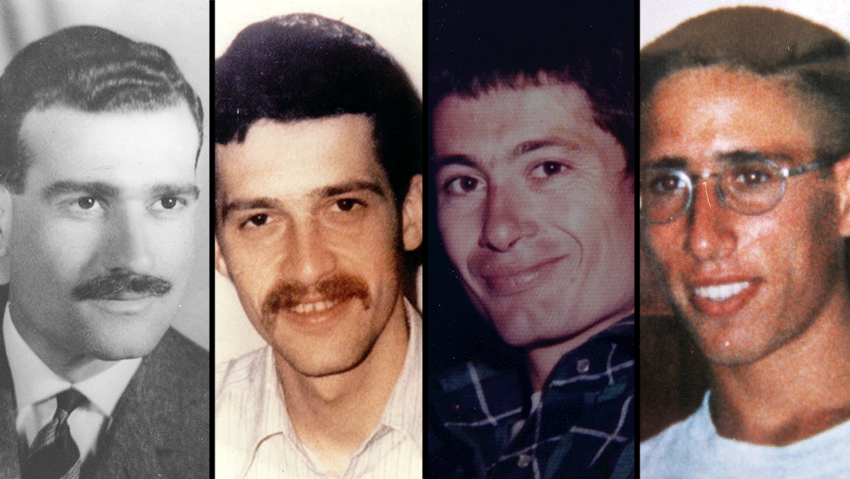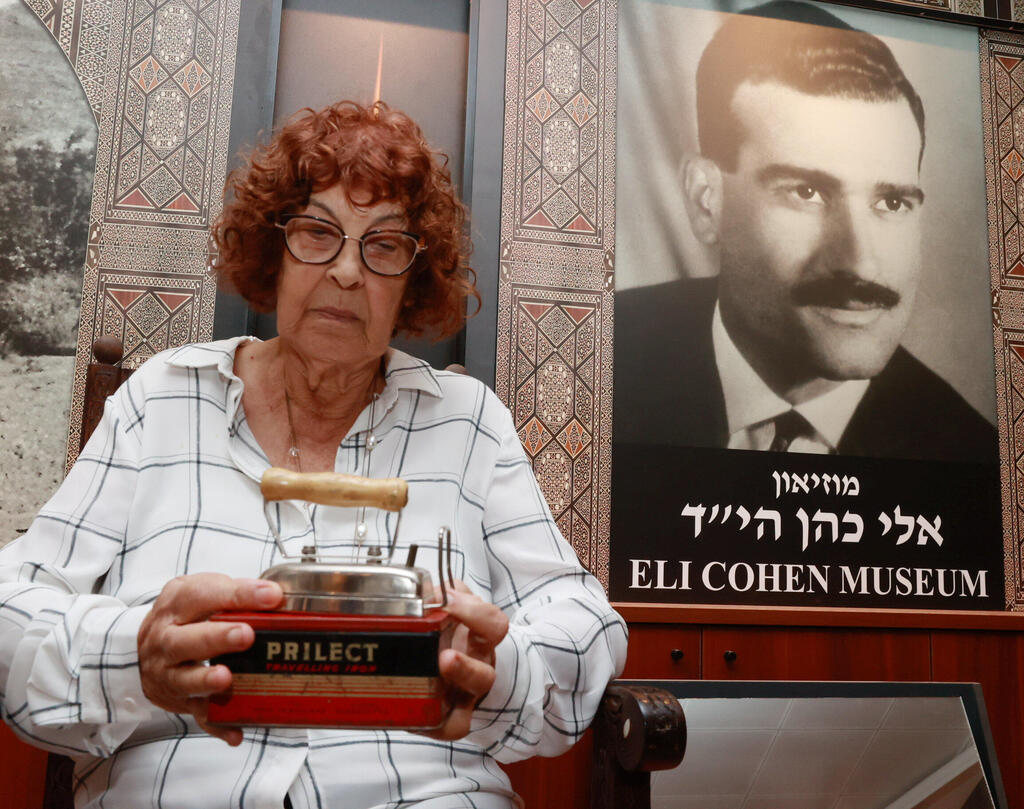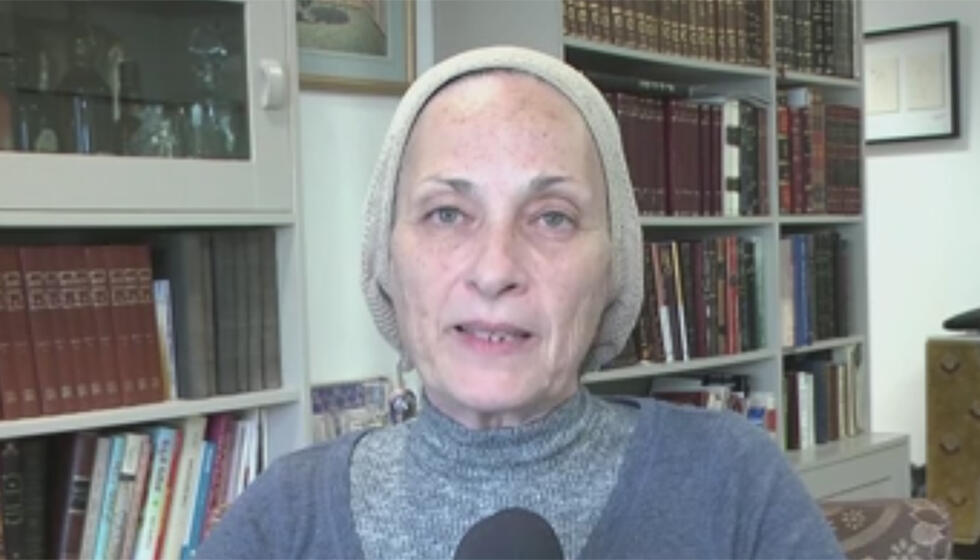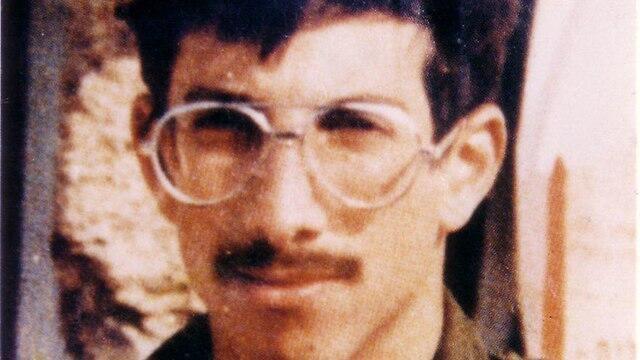The collapse of Bashar Assad’s regime on Sunday has reignited hope among families of Israeli missing persons in Syria, who believe the leadership change could pave the way for the return of their loved ones—alive or for burial in Israel.
Nadia Cohen, widow of Israeli spy Eli Cohen, whose body was buried in Damascus after his 1965 execution, expressed optimism that Assad’s ouster may bring closure. “Since Syria’s instability began, I’ve urged Mossad to solve this issue and bring Eli home for burial,” she told Ynet.
On Friday, which marked the centenary of Eli Cohen’s birth, Mossad chief David Barnea wrote her a heartfelt message emphasizing the importance of repatriating his remains. “With recent events in Syria, I hope Israel understands this is the right time,” she said.
Cohen recounted a past appeal to Assad himself, which was rejected. “He said Eli would return ‘when the time comes.’ Perhaps that time is now,” she said. “I don’t want Eli’s remains left in Syria. The turmoil there could work in our favor. I wish peace for both the Syrian people and us and hope this opportunity will lead to Eli’s body being returned to Israel so he can rest in peace. After all these years, I too will finally find peace. I haven’t forgotten him for even a moment, and nearly 60 years have passed since he was hanged."
The families of IDF soldiers Yehuda Katz and Zvi Feldman, missing since the 1982 Battle of Sultan Yacoub in Lebanon, also see a rare opportunity for resolution. Katz’s sister, Frehia Hyman, said the uprising offers renewed hope.
Get the Ynetnews app on your smartphone: Google Play: https://bit.ly/4eJ37pE | Apple App Store: https://bit.ly/3ZL7iNv
“We have much hope. We’ve seen Lebanese prisoners released, so I keep checking footage to see if Yehuda is among them,” Hyman said, recalling signs that Katz was captured alive and noting that his tank commander was returned by Syria. “This could be a serious turning point, but I don’t know what tomorrow will bring.”
Still, Hyman voiced frustration with Israeli authorities. “I have no trust in the state. For 43 years, we’ve been treated like enemies. But the possibility of finding Yehuda isn’t far-fetched—we’ve seen prisoners freed after decades.”
Despite the passage of time, the family remains optimistic. “I imagine his return—hugging him, smiling at him. Our family has always remained optimistic. So much time has passed but he’s still my little brother,” she said. “Our parents passed away without this closure, but I hope they’re watching from above.”
Feldman’s sister, Anat, echoed these sentiments. “The events in Syria are a rare window of opportunity. We hope this will bring Zvika home,” she said. “Assad and his father’s brutal regime may have held him in dark dungeons for decades.”
News of inmates freed from Syrian prisons after 50 years has sparked hope. “We’ve always said Zvika might be held somewhere. The state must act now—it’s a national responsibility,” she added.
Anat noted that her family has maintained a low profile since October 7, due to the hostage situation in Gaza, but believes now is the time to push for action. “This isn’t just about us—it’s about a tough battle where the IDF abandoned six soldiers. In 2019, they brought back the remains of Zachary Baumel who was in the tank with my brother. We want Zvika home too.”
The families of other missing Israelis, including Guy Hever, also hold on to hope. Hever, a 20-year-old artillery soldier, disappeared in 1997 from his Golan Heights base, leaving no trace. Despite extensive searches, his fate remains a mystery.
Hever left the base carrying his Galil rifle, but no evidence has surfaced to explain his disappearance. While his family believes he may have been abducted to Syria, no leads have confirmed his whereabouts in the 27 years since.







